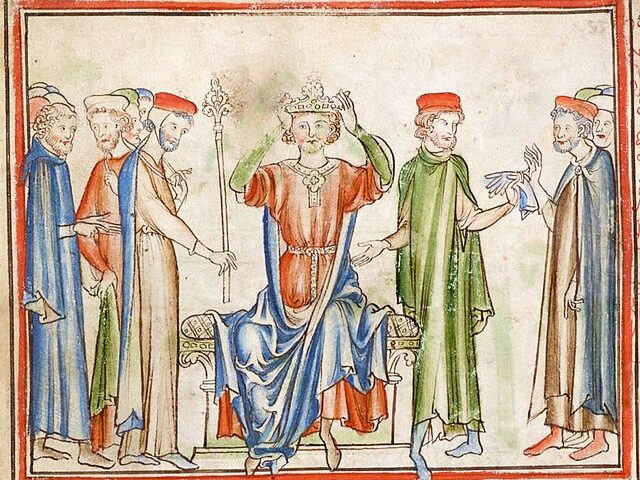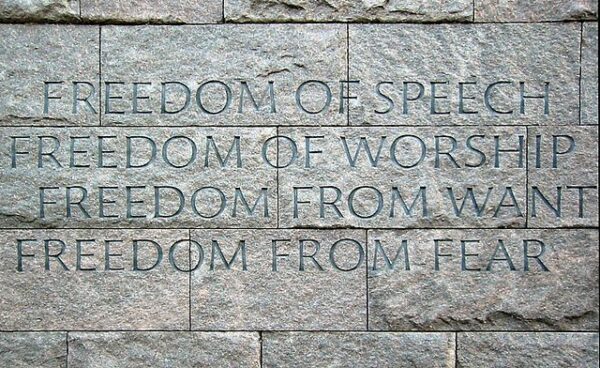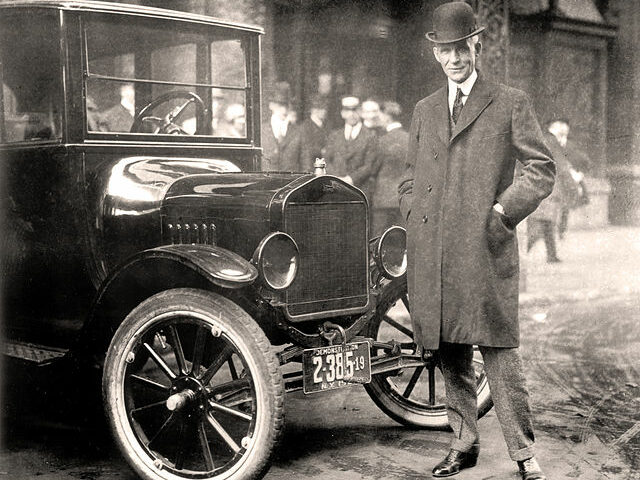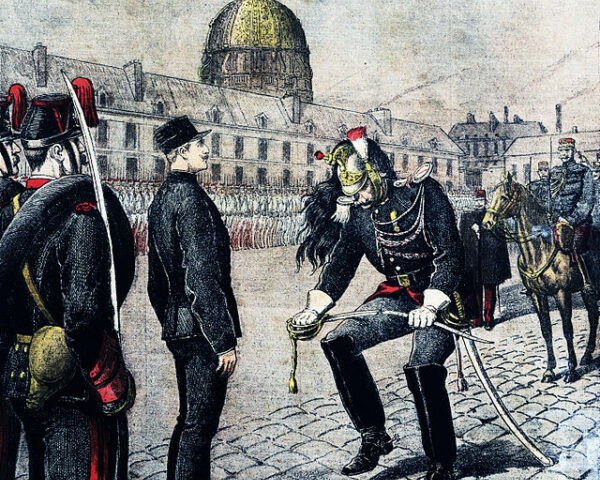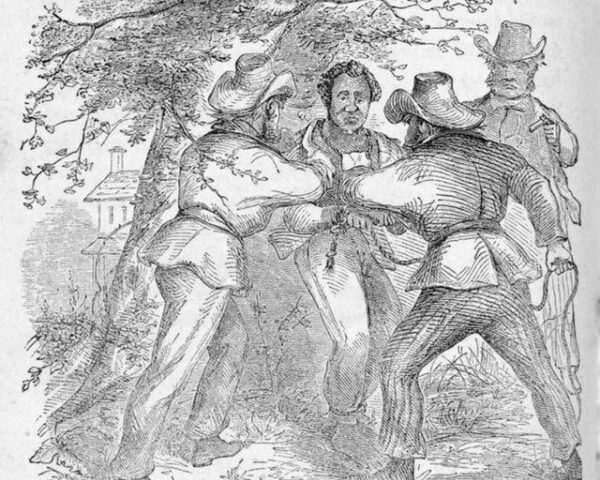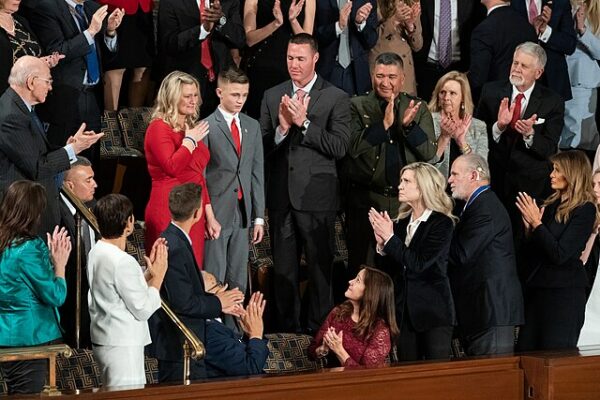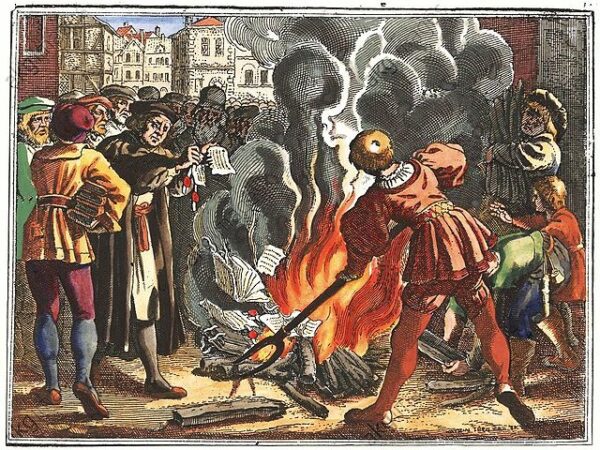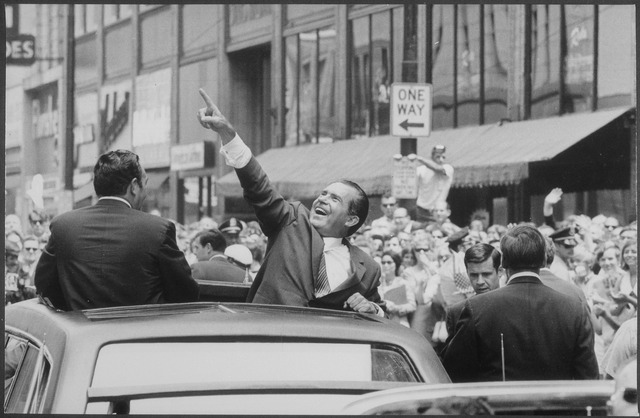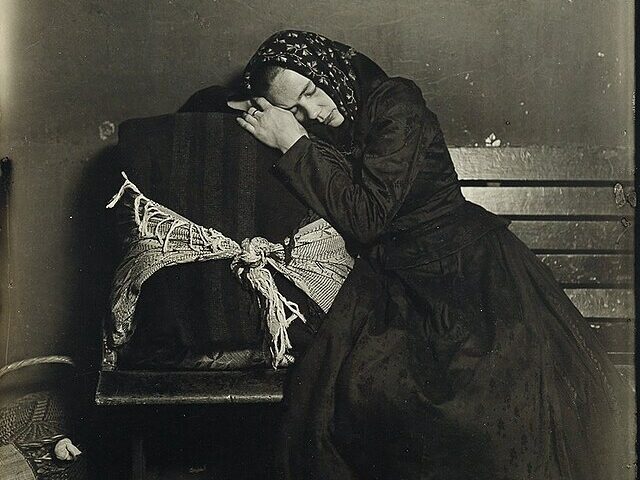On January 6, 1066, England made a choice meant to preserve order—and in doing so set itself on the path to conquest. The day after the death of Edward the Confessor, the kingdom’s leading nobles and churchmen gathered in London for an emergency session…
Read MoreOn January 6, 1941, Congress heard one of the most iconic speeches in American history. Franklin Delano Roosevelt, the 32nd President of the United States, delivered what became known as the Four Freedoms Speech. This speech was part of his State of the Union…
Read MoreOn January 5, 1914, in a move that stunned American industry and rewrote the rules of factory labor, the Ford Motor Company announced that it would more than double the daily pay of its workers while shortening the workday. Beginning January 12, eligible employees…
Read MoreOn January 5, 1895, Alfred Dreyfus, a French army office, was stripped of his rank and sentenced to life imprisonment on Devil’s Island, a penal colony off the coast of French Guiana. The Dreyfus Affair was a political scandal that divided France from the…
Read MoreOn January 4, 1999, Jesse Ventura was sworn in as the 38th governor of Minnesota, marking one of the most unexpected political ascents in modern American history. A former professional wrestler, Hollywood actor, radio host, and Navy veteran, Ventura entered office not as a…
Read MoreIn January 4, 1853, Solomon Northup finally breathed the sweet air of freedom again. Northup was an African-American man born in July 1808 in Minerva, New York. Born a free man in a time when slavery was still legal in the United States, Northup…
Read MoreOn January 3, 2020, the Middle East — and much of the world — awoke to news that dramatically reshaped global geopolitics: Qasem Soleimani, one of Iran’s most powerful military figures, had been killed in a U.S. airstrike near Baghdad International Airport. The targeted…
Read MoreOn January 3, 1521, Pope Leo X issued the papal bull Decet Romanum Pontificem, a move that reshaped Christianity in Europe and excommunicated Martin Luther from the Catholic Church. Born in 1483 in Eisleben, Germany, Luther’s journey toward excommunication began in earnest in 1517 when…
Read MoreOn January 2, 1974, President Richard Nixon signed legislation imposing a nationwide maximum speed limit of 55 miles per hour. This historic decision was a direct response to the energy crisis triggered by the Organization of Petroleum Exporting Countries (OPEC) oil embargo. Facing fuel…
Read MoreOn January 1, 1892, a small island in New York Harbor officially became the primary gateway to the United States for millions seeking a new life. That morning, Ellis Island opened its doors as the nation’s first federally operated immigration station, marking a turning…
Read More

